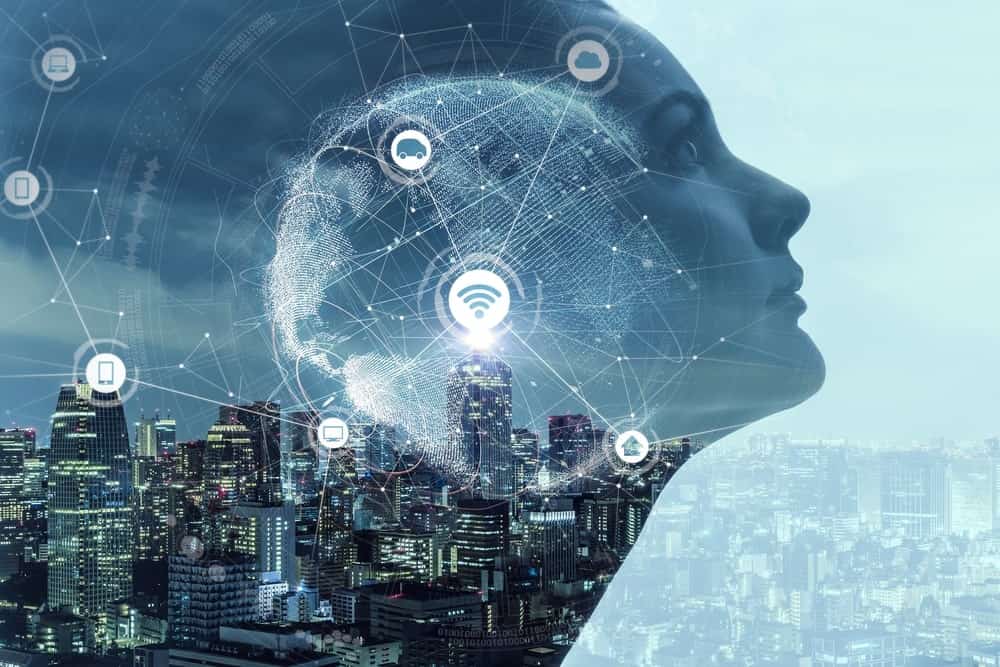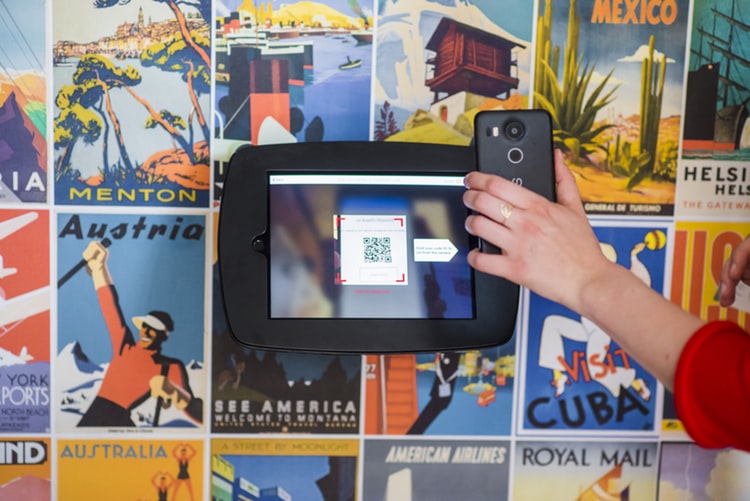As technology grows and generations of people grow with it, we are getting more used to the tech around us and their capabilities and thus, we expect new advances every year. If you look at the history of technological advances of the last 100 years versus the last 15 years, it’s easy to see that we are developing at an unbelievable rate.
The hunger for new technology and the latest devices is insatiable for the consumer of today, and cell phones have gone from a communication device to an all in one computer that we have with us at all times.
Apps play one of the biggest roles in the union of man and machine, as we are spending more time with and are relying on apps for information more every year.
Apps in their current state provide an incredible amount of functionality and information on a convenient platform, oftentimes for free. Any skill you are interested in has numerous apps already available to meet your needs.
For instance, those that are into card games have several training apps on the market that can provide charts, statistics, and strategies that can be brought up anytime. The possibilities are incredible, but as of now, there are limitations to mobile apps in their current form.
What is the future of apps and digital innovation? What features are developers expecting to be as common to use in the future as something like the Instagram app is today? There are many groundbreaking advances being developed right now that will shape our current devices and truly usher in Web 3.0, the next evolution of the internet and mobile app technology.
Contents of Post
IOT Devices
The Internet of Things or IOT is what we call the mesh of internet-connected home devices that add increased control and capabilities. Today, more and more home appliances are being built with IOT capabilities that control everything from when your coffee pot goes on to the temperature of your refrigerator and lighting controls in your living room.
It’s hard to picture today, but in the near future, you won’t be able to imagine a time when you weren’t able to program the heating system in your house via a smartphone app. The concept of a “smart house” really is just a system of IOT devices connected to your phone, and we are only a few short years from this being common in every household, not just the home of some eccentric Silicon Valley programmer.
With the rapid advancements in technology, the IOT architecture will continue to evolve, offering more seamless integration, improved data processing, and enhanced security to create a truly interconnected and smart environment for our daily lives.
Blockchain Technology

The possibilities that blockchain technology present is too vast to cover succinctly, but one thing is sure, all current mobile applications will be revolutionized by blockchain. The core concept behind blockchain is a distributed ledger that is immutable and completely decentralized.
Many experts believe that this technology will truly be the foundation for Web 3.0. Almost all types of mobile applications will be redesigned with blockchain. Financial apps will be made more secure and have instant cheap transactions with increased functionality from “smart contracts” and other blockchain features.
All apps dealing with identity and sensitive information will be made more secure through the immutable ledger blockchains are built on. This advanced technology presents some groundbreaking concepts that we have only scratched the surface with here.
Artificial Intelligence

With the advancement in the arena of AI, we are seeing numerous ways we can integrate this technology with everything from transportation, education, social media, and mobile applications.
Really, there is no telling how far technology will be pushed with AI once you consider that AI could, in fact, be designing new technology itself. A simple example could be the algorithm behind social media platforms.
Artificial Intelligence would slowly understand your user base and their needs better than any data scientist could, and not only facilitate the interactions between users, but also suggest new features for the platform. AI is in a position to be one of the most important advances in software and mobile applications that we’ve ever seen.
Augmented Reality
Augmented Reality is another form of technology that is currently in its infancy but is designed and tested for mobile technology. The concept is bringing the visual data from your phone or computer screen and presenting it to you in a real-world way.
Similar to the concept of a projector displaying visuals on a wall, a phone can do essentially the same thing in various different ways. While the popular mobile game Pokemon Go is one of the first groundbreakings augmented reality apps, more are soon to follow in the coming years.
Through the use of virtual reality headsets, AR glasses or other tools, the apps on your phone could have a real-world visual stimulus. We are clearly peering into the future with these new technologic advances and there is no telling what your phone will be capable of in just a few short years.

